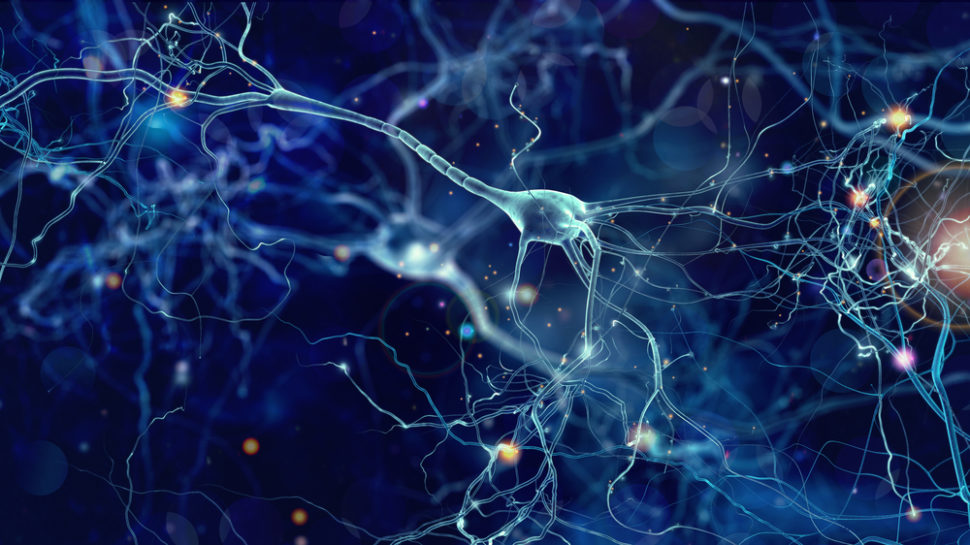Researchers just observed lab-grown mini brains exhibit human brain-like electrical waves.
A team of researchers from the University of California, San Diego just reported an interesting observation. They observed a pattern of electrical activity in lab-grown mini brains similar to those of premature infant brains.
In the paper, which is yet to be peer-reviewed, the researchers claimed the discovery could expand our current understanding of how brain disorders develop.
Read More: IPS Cells Could Make Artificial Brains a Future Reality
What are Mini Brains?
Mini brains are collections of lab-grown neurons and other brain tissues used to study human brains.
Studying the human brain is a real challenge to neuroscientist because of the thick skull and layers of tissues protecting it. This natural shield makes it highly difficult for scientists to observe the brain in action.
While autopsies and animal models give researchers some vital information about how the brain works, these methods have limitations. For instance, observing disorders like Alzheimer’s is impossible when using dead brains.
These limitations eventually led neuroscientists to develop cerebral organoids that act like real brains but are not part of any organism. Grown in laboratories, mini brains go through the same fetal brain development which gave scientist a better view of how neurons and brain disorders develop.
Electrical Waves in Mini Brains
The team reportedly recorded the electroencephalogram activity of the mini brains as they grew. The team noticed that the mini brains’ rate of electrical activity was higher than those of other brain organoids studied.
“While we do not claim functional equivalence between the organoids and a full neonatal cortex. The current results represent the first step towards an in vitro model that captures some of the complex spatiotemporal oscillatory dynamics of the human brain,” the researchers wrote.
The researchers plan to grow organoids for a longer period to see if they can mature as real brains do. They also plan to connect different organoid structures to know if the process could create a functional cortex.
However, many experts believe that the team’s study is not scientifically ethical. There is the looming question of whether the organoids can develop consciousness or not.
The team made it clear that they would immediately shut down should the mini brains show the slightest development of self-awareness.
“It’s a very grey zone in this stage, and I don’t think anyone has a clear view of the potential of this,” Muotri went on to say.









Comments (0)
Most Recent